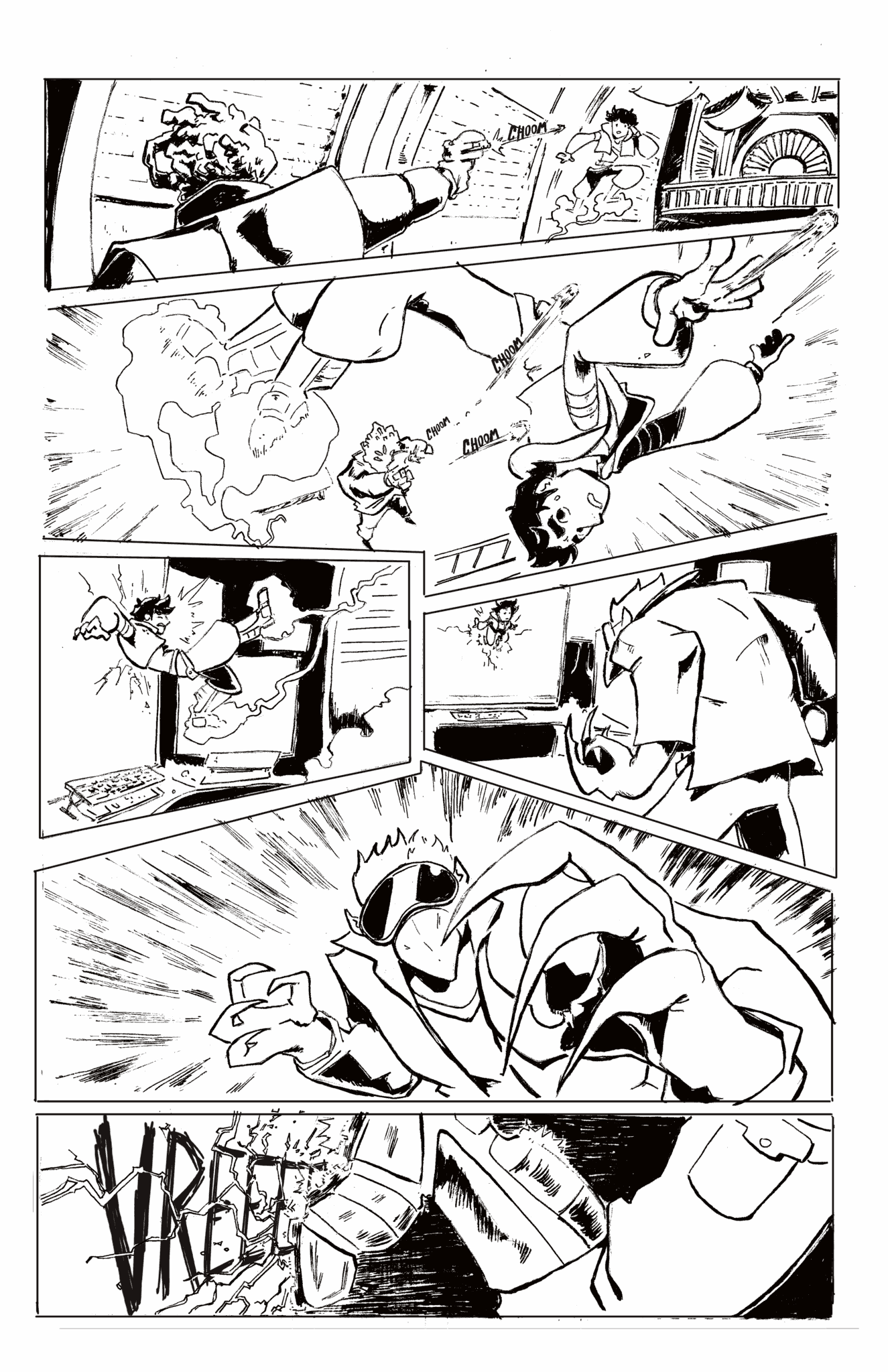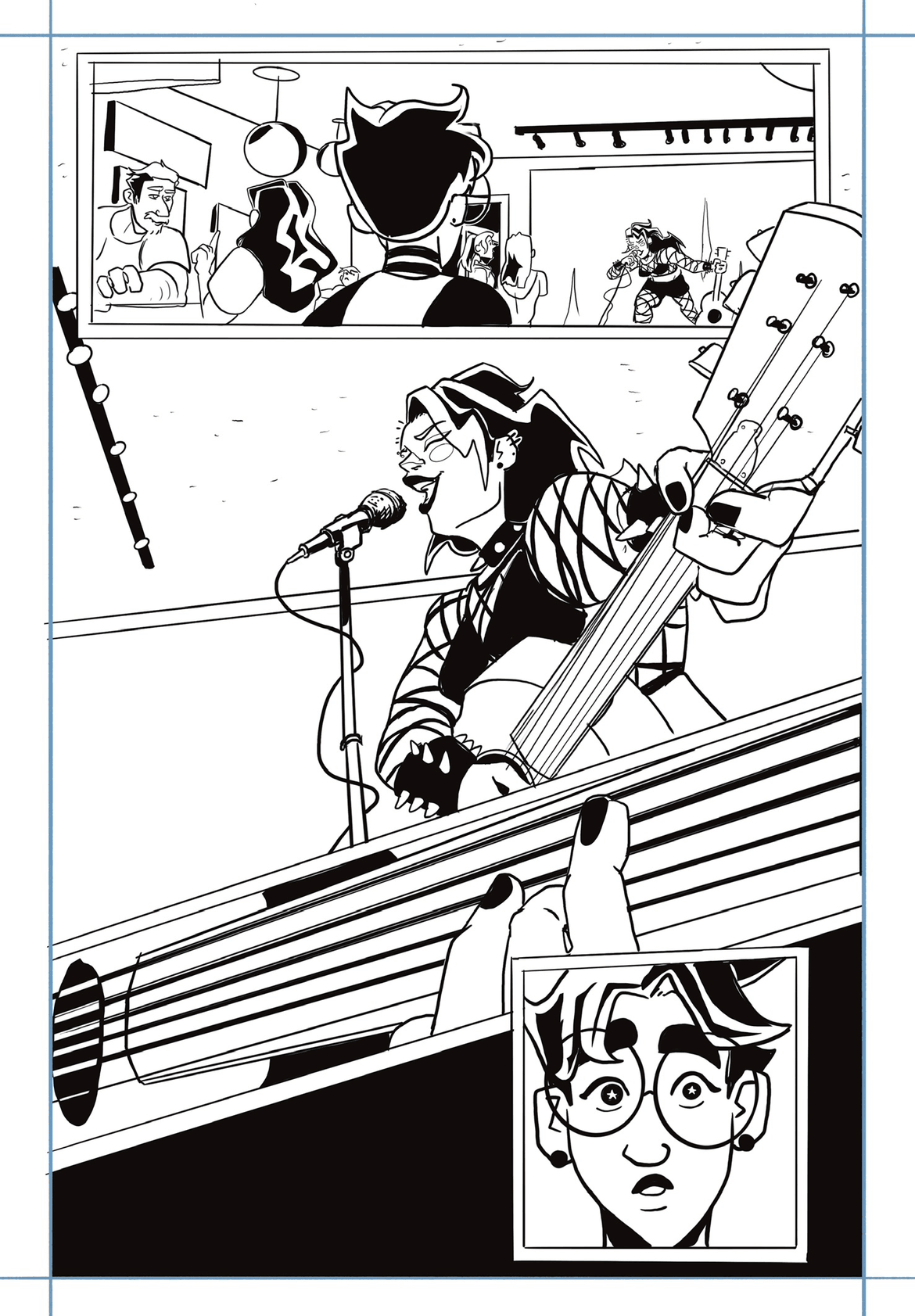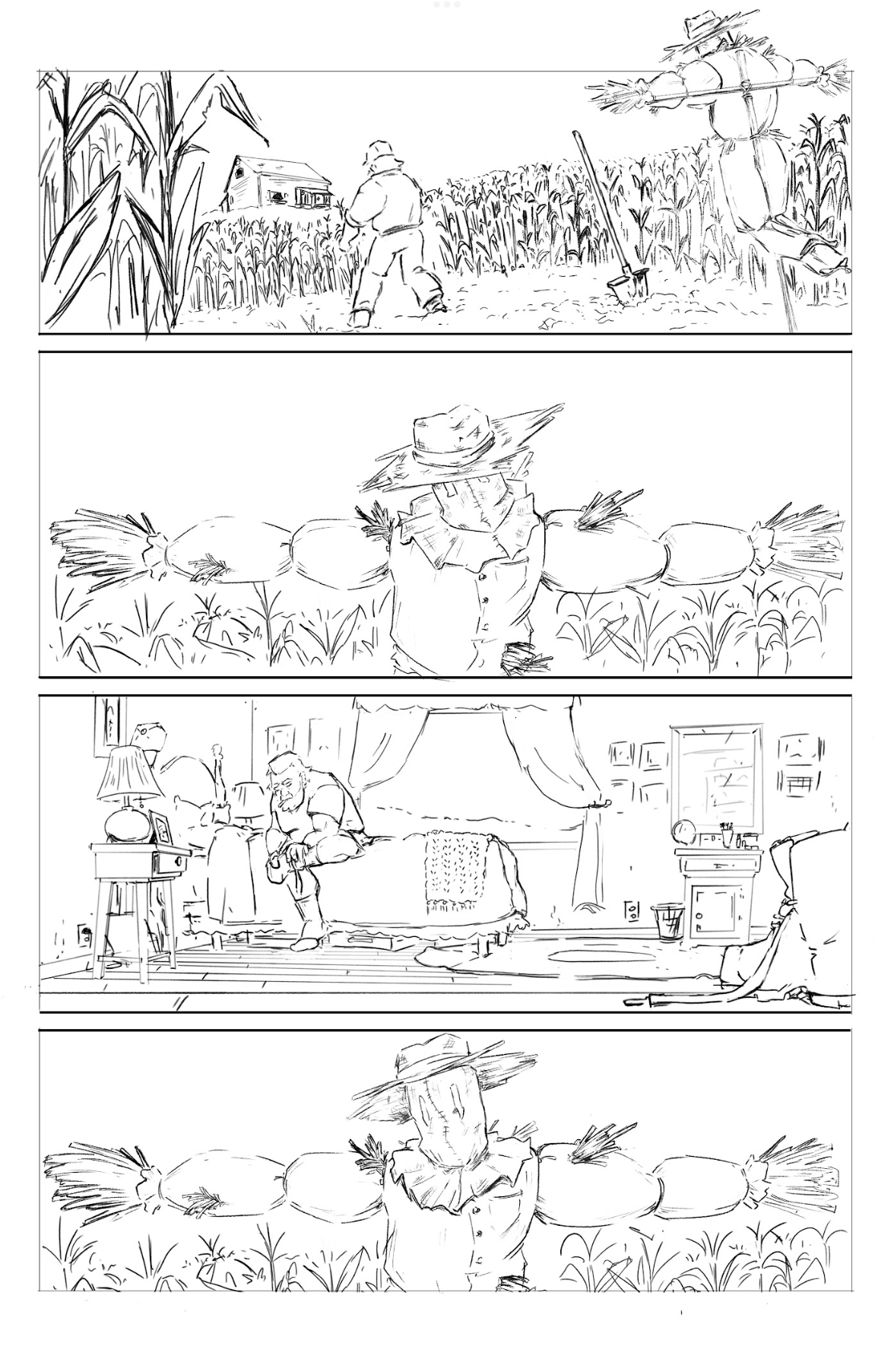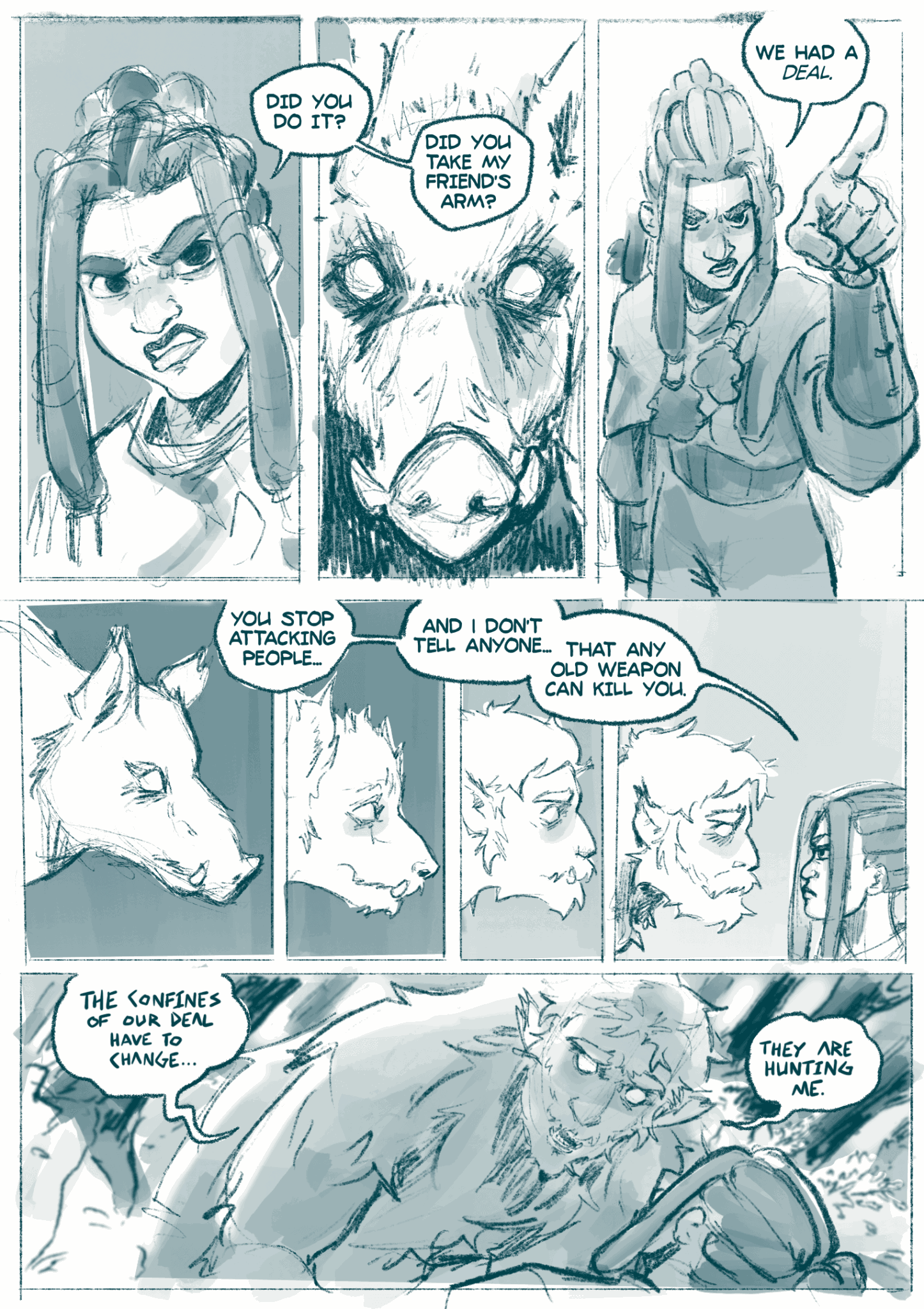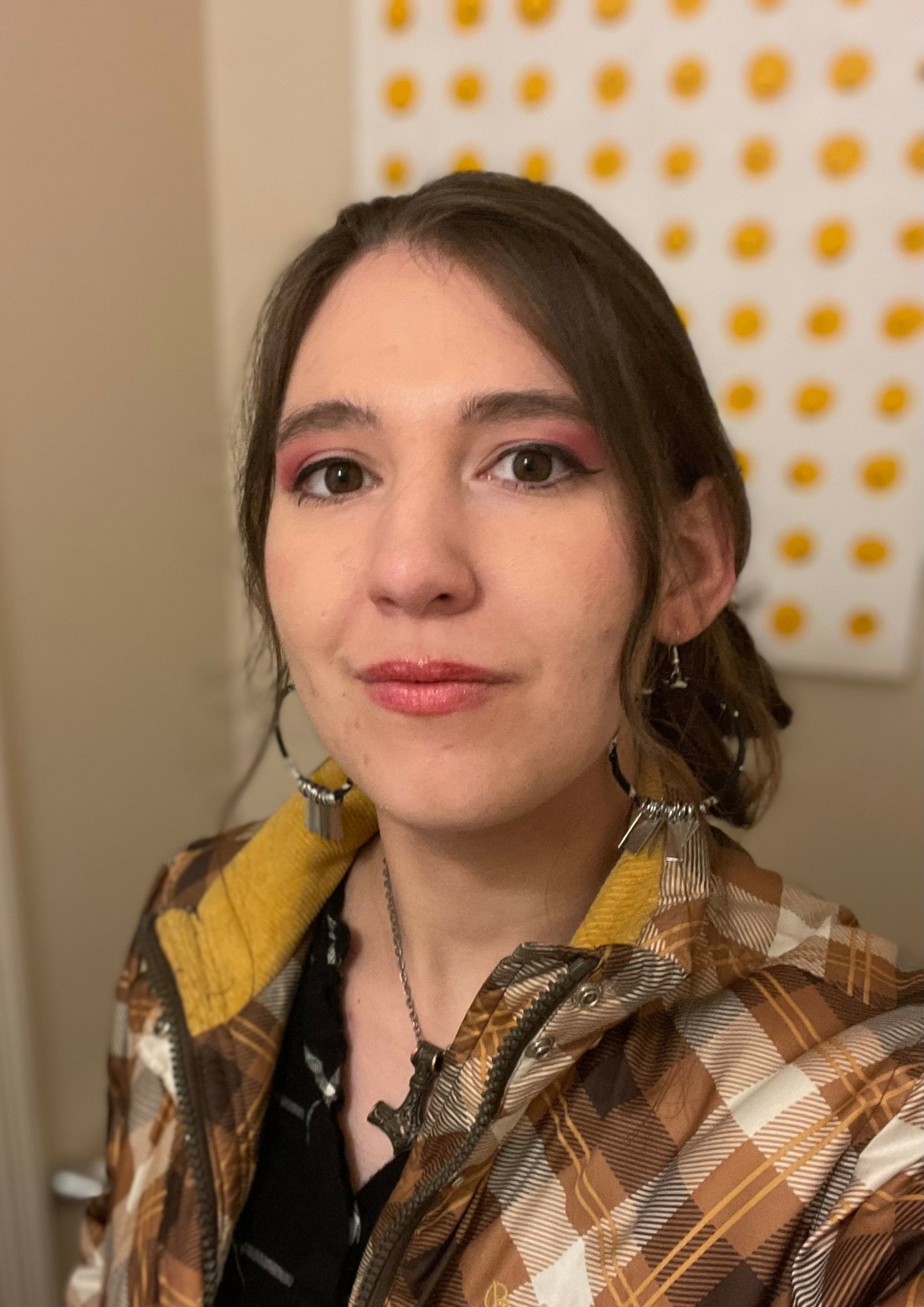Alright – so today we’ve got the honor of introducing you to Elena Funderburk. We think you’ll enjoy our conversation, we’ve shared it below.
Elena , looking forward to hearing all of your stories today. We’d love to hear about a project that you’ve worked on that’s meant a lot to you.
The truth is, my portfolio is not very big yet. Sure, I’ve worked on several illustrations, animatics, some small comics here and there, I even have a few paintings! The most meaningful thing I have made up to date however, is a series of small illustrations that I have made on garbage at my day job. Some context is that I work a third shift at a mailing warehouse in Georgia. The work is hard as I am constantly moving, picking up and placing down things that could easily be heavier than myself, sorting mail trucks, running up and down the length of a conveyor belt for the next parcel. I am not allowed to listen to music, or have my phone with me, and due to the machinery noise in the warehouse it can be difficult to carry a coherent conversation with coworkers. The job leaves me exhausted to the point I would be unable to bring myself to draw afterwards, whether it would be due to fatigue or physical aching in my arms from muscle strain.
It all became worse during Christmas time, as our 5-6 hour shifts easily became 9-10 hours to account for the influx of packages for the holidays. My schedule had also changed to where I would work 6 days a week to account for short staffing. I made great money during this time, but my mental health took a sharp nosedive. I wasn’t drawing, I had barely seen the sun in over a month, and my only social interaction were my coworkers who were just as tired and irritable as I was. One day, I had a stroke of genius, sometimes when packages come down the conveyor belt the machinery tears them up leaving bits and pieces of broken cardboard, and we are often armed with markers to write necessary notes/numbers on the packages for the drivers. So I grabbed a piece of cardboard, took a sharpie that I had, sat in the back of my truck and started drawing. I could only manage a few lines at a time before the next package had to be loaded but I became faster and faster to the point I could make whole illustrations while working. After the holidays passed, I continued to make the drawings. I’ve actually become something of a micro-celebrity at my warehouse for them! The managers, the drivers, my coworkers, the security guards are all aware and take peaks at my work to see what was made that day. Usually the response I get from my coworkers is “I wish I could draw”, but I’m never able to fully put into words that if I’m unable to draw I’m unable to live.
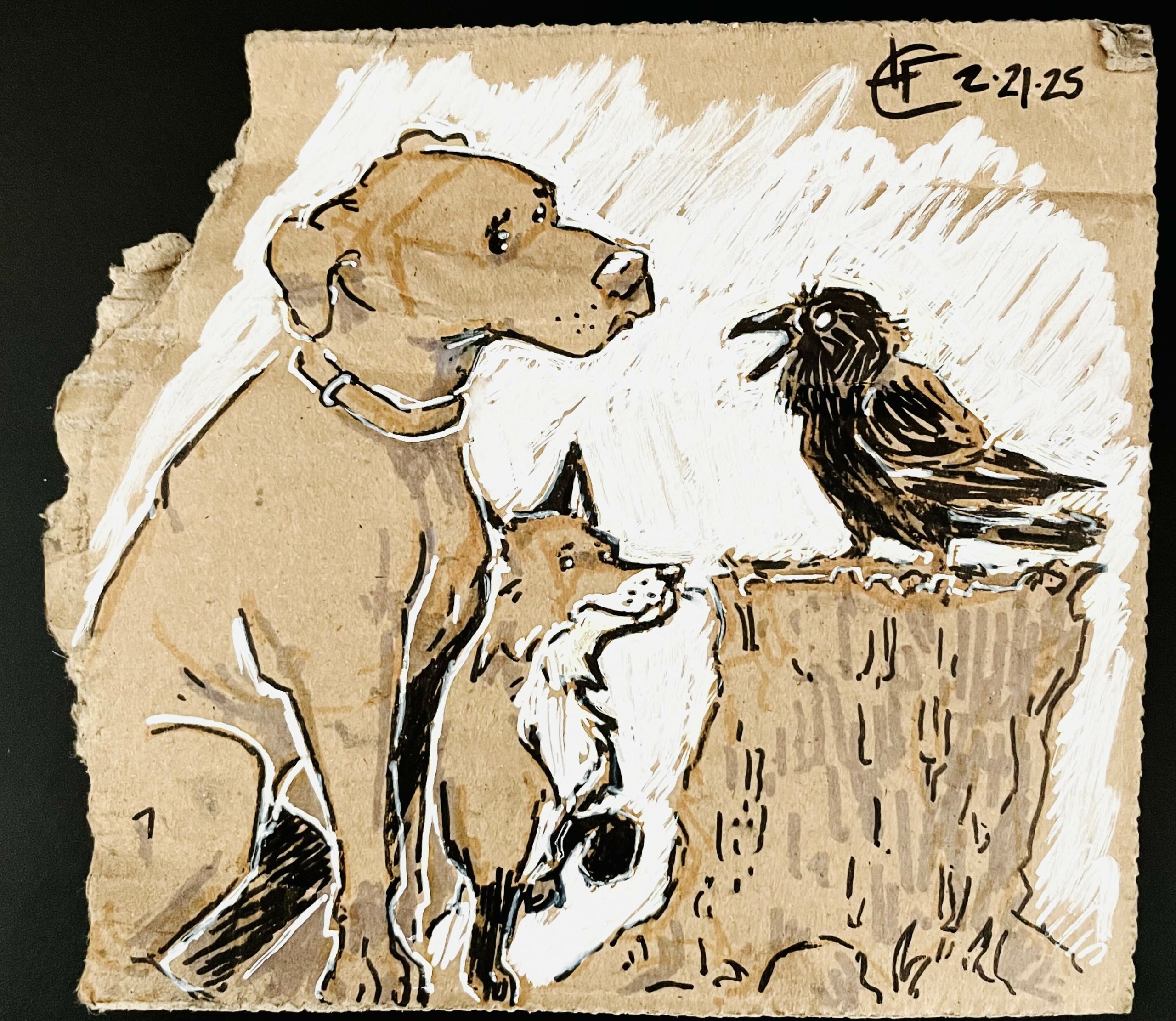
As always, we appreciate you sharing your insights and we’ve got a few more questions for you, but before we get to all of that can you take a minute to introduce yourself and give our readers some of your back background and context?
My name is Elena “Ella” Funderburk, and I love to tell stories and pencil comics. I was always a dreamer and a storyteller, now I just so happen to illustrate it in a fun way! I have a knack for drawing in multiple different styles to adjust to the tone of anything I work on. Having a range in style may make it a little more difficult to market myself to clients as a comic artist, but it allows me to feel more confident in any story I sign up to join.
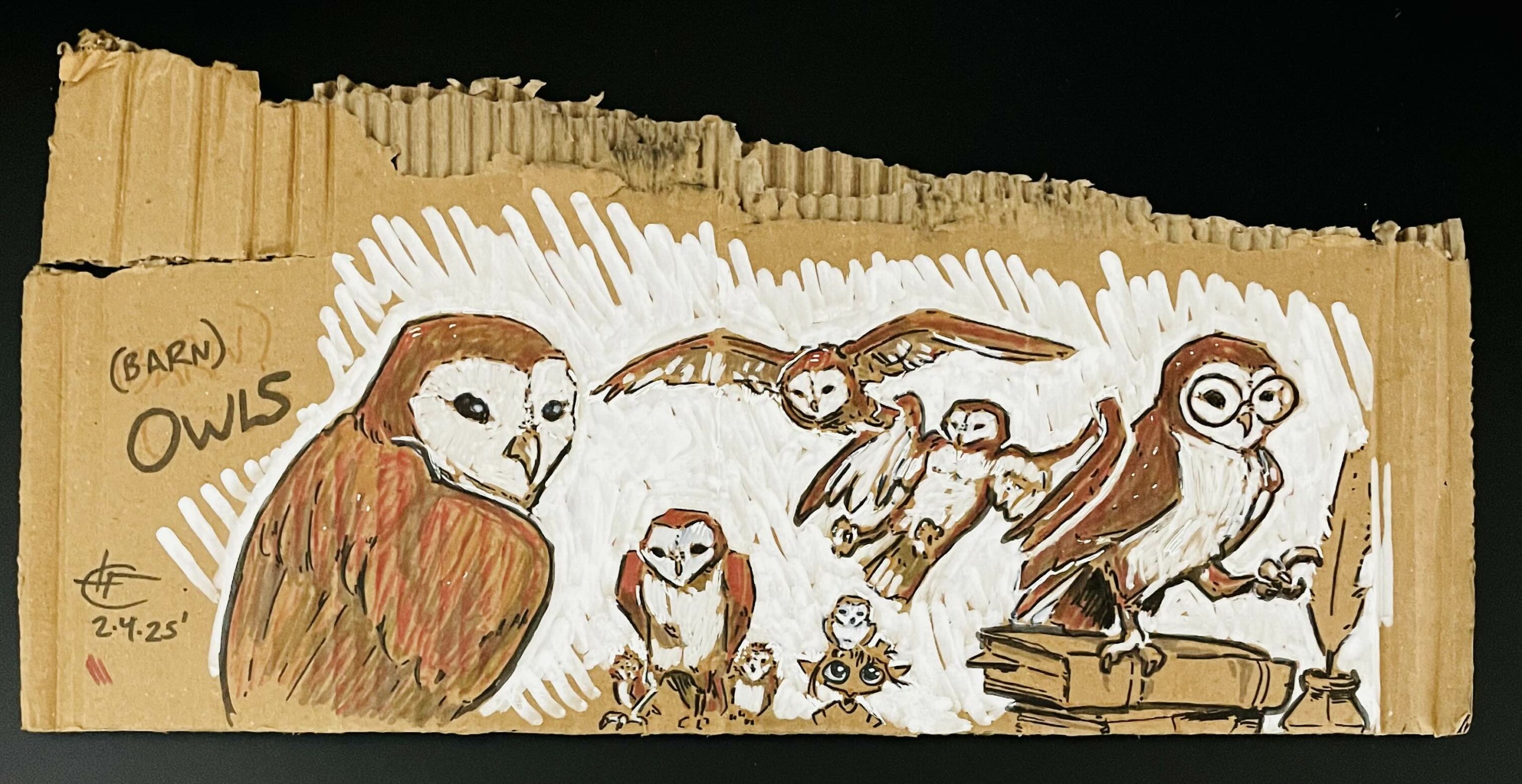
Alright – so here’s a fun one. What do you think about NFTs?
I think NFTs are the tech world’s way of attempting to value art, the only problem is the tech world forgot that “copy” and “paste” exist, and that people love to steal things. Personally I don’t see an extreme amount of difference between selling an NFT or selling a painting at a silent auction. Where the uproar is in how NFTs are obtained. If one created the image themselves to sell as an NFT then there is no issue, but stealing from artists, or paying an artist for a private commission only to turn around and sell it for a much higher amount without crediting the creator? Pretty scummy if you ask me.
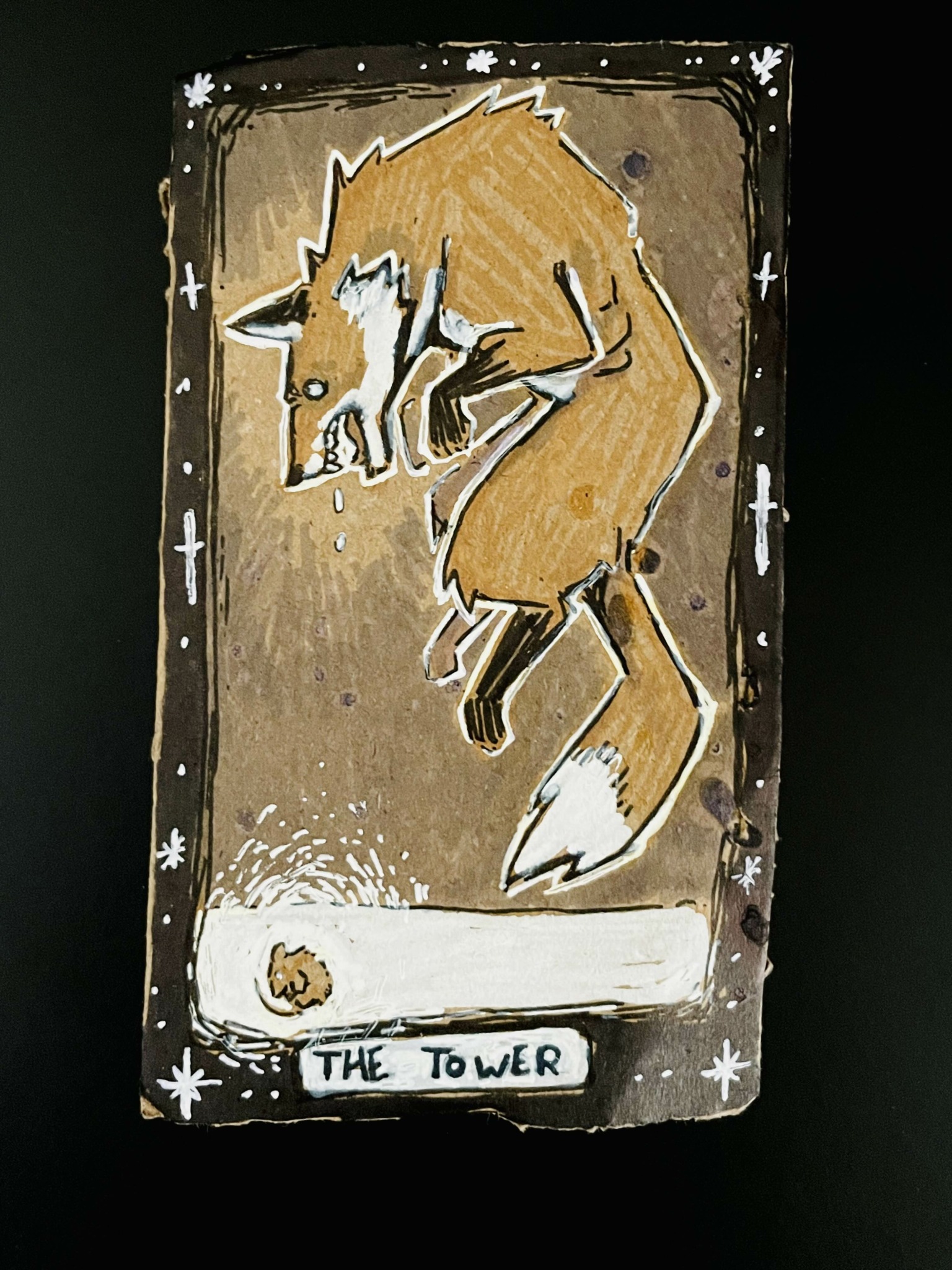
What can society do to ensure an environment that’s helpful to artists and creatives?
In order to make a society one that can support art, we need to strive for a society that supports people. It is very difficult to focus on art when you are hungry, or scared about conflict, or anxious about bills. I find that people will naturally gravitate towards the beautiful things, or the things that they find interesting (luckily art tends to be both) and should people have resources they will barter for art. Maybe there is an argument to be said that the fear, the anxiety, or the hunger makes people better or more memorable artists- and in some cases I could agree. However, I subscribe to the belief that people should not have to suffer to make beautiful or memorable things. By supporting programs that protect people, that offer security and hope, you provide a safe space for creativity.
Contact Info:
- Website: https://ellafunderburk.artstation.com/
- Instagram: ficdoodle
